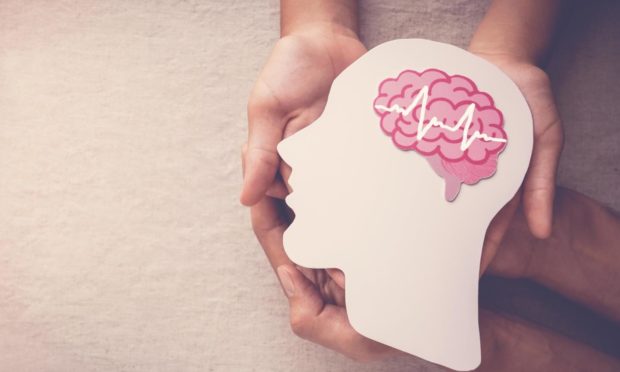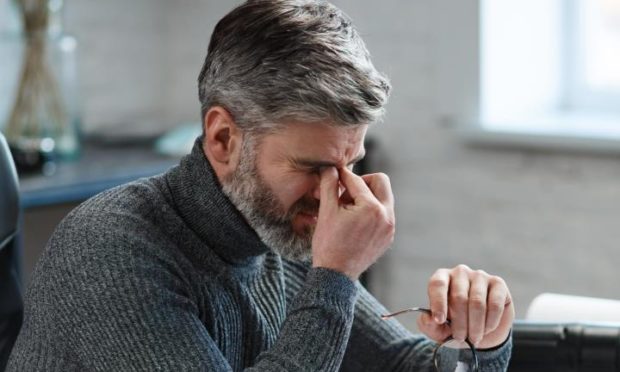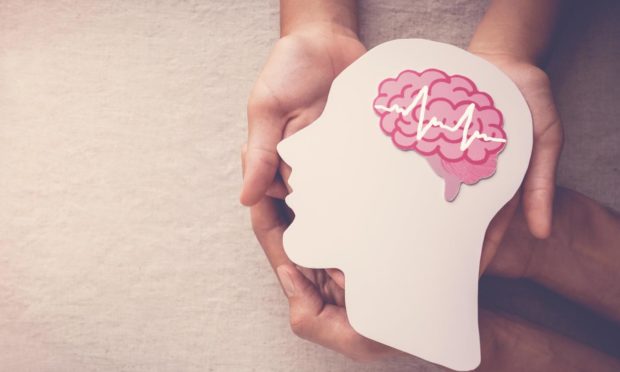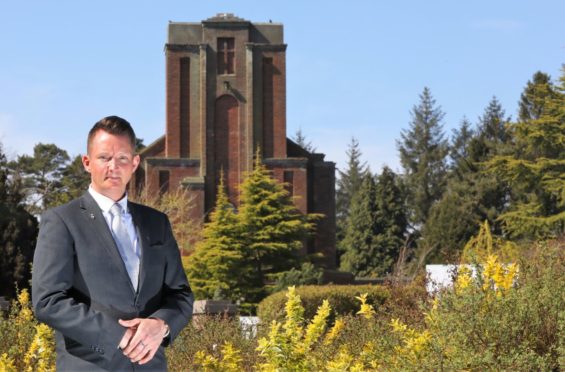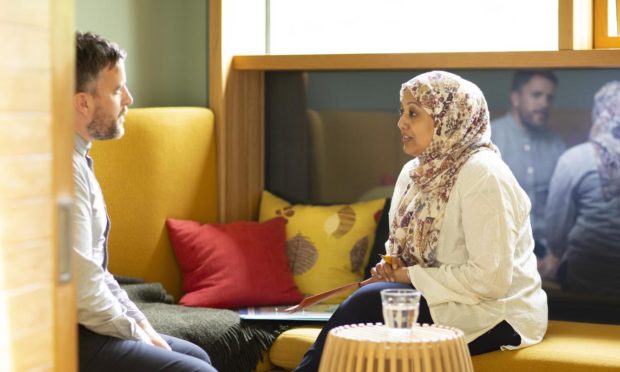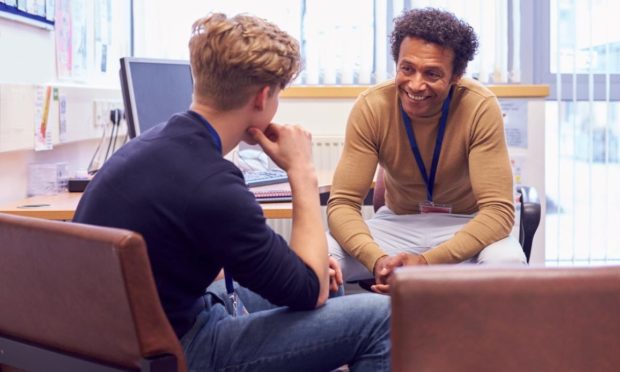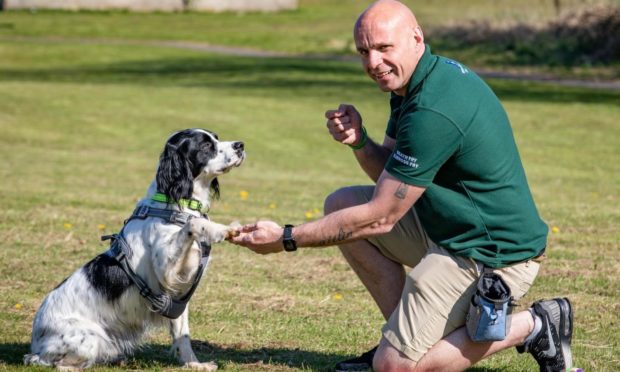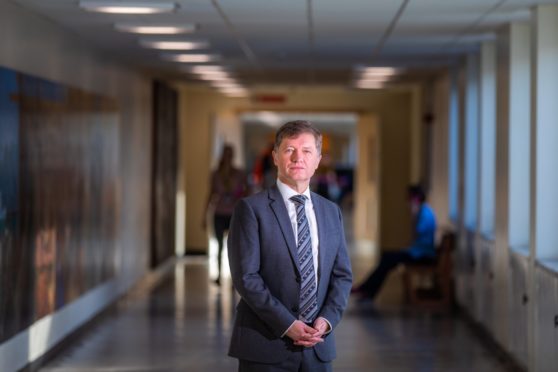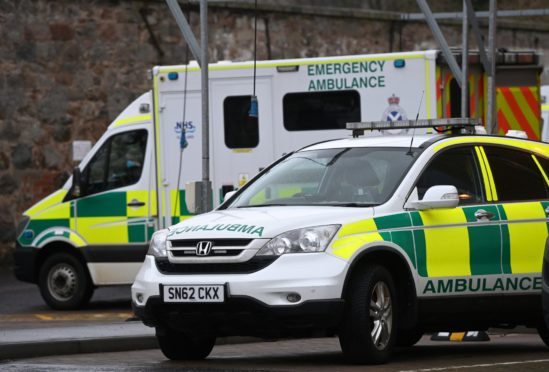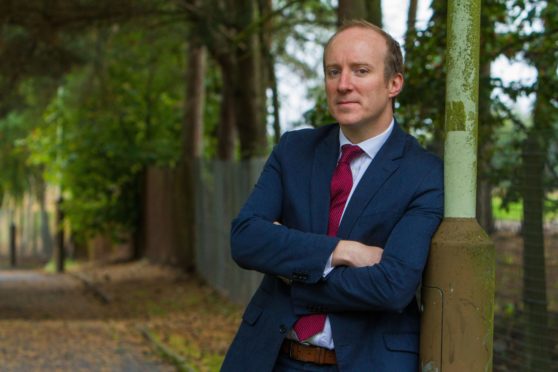As Assistant Director of Delivery & Development at SAMH, Scotland’s national mental health charity, I’m clear about our priorities.
We don’t want a ‘return to normal’ when it comes to mental health.
A return to ‘normality’.
It’s the topic on everyone’s minds as we see coronavirus restrictions ease after a long period of lockdown.
Many of us have been desperately waiting for this moment. But for others, a return to normality, or a new version of it, is incredibly daunting. And for most of us, it’s probably a bit of both.
Our lives have changed enormously in the past year, and it’s difficult to even remember what ‘normal’ means.

We know that most of us have found it challenging, and that the mental health and wellbeing of the entire nation has suffered; but that doesn’t mean that we’ll all find it easy to make our way back to how things were before.
While some people will quickly get back into the swing of socialising and being in busy places again, it’s inevitable that many of us will struggle and need time and space to adjust.
Have you or someone you know been feeling #anxious or #depressed? SAMH can help.
Use our SAMH Information Service now for #mentalhealth info and support: https://t.co/i5fOaIBA90 pic.twitter.com/v9WCC2RQEk
— SAMH (@SAMHtweets) May 3, 2021
During lockdown, a lot of us picked up new habits and coping mechanisms to get us through; and these might be helpful to remember as we transition away from restrictions.
Things like going for a daily walk or meditating each morning are equally valid ways to gain a bit of headspace; and just because our diaries are looking busier, doesn’t mean we shouldn’t still make the time to check in with our friends and family and make sure they’re OK.
We know from speaking to people with existing mental health problems that the coronavirus pandemic hit them hard.
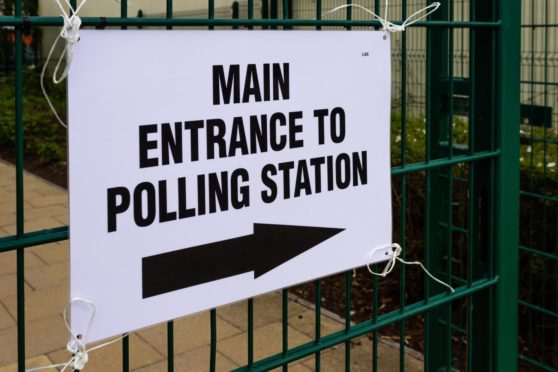 In a SAMH survey carried out last year, more than half felt their mental health had worsened; yet many struggled to get the support they needed, and more than a quarter found that their specialist treatment or care stopped entirely.
In a SAMH survey carried out last year, more than half felt their mental health had worsened; yet many struggled to get the support they needed, and more than a quarter found that their specialist treatment or care stopped entirely.
‘We don’t want a return to normal’
The past year has seen our mental health systems challenged like never before; and as we navigate this return to pre-pandemic life, getting these services back up and running should of course be a priority.
But when it comes to Scotland’s mental health, we’re clear that what we don’t want to see is a return to ‘normal’.
We want to see ambitious and radical change to combat the growing mental health crisis.
We have to remember that coronavirus was not the only cause of the mental health crisis in Scotland.
Recent years have seen too many promises on mental health and not enough action, and coronavirus has been an additional strain.
Want to see how people voted in your area last time?
Find all previous Scottish Parliament election results on our website:https://t.co/iC7hNrZa38 pic.twitter.com/Im2athPRBN
— Scottish Parliament (@ScotParl) May 3, 2021
Much like the pandemic won’t disappear overnight, these additional pressures are likely to continue for some time to come, which is why we’re calling for mental health to be a real national priority in the recovery from the pandemic.
This week we will be given the chance to vote in the Scottish elections, and in doing so, we’re asking you all to help us to stand up for Scotland’s mental health.
We want to see real change, with redoubled efforts on suicide prevention, action now to support children and young people and rapid access to psychological wellbeing support for adults.
These things were important before the pandemic, but now they are absolutely vital.
Find out more about Standing Up for Scotland’s Mental Health and how you can help to drive real change for mental health.
SAMH Information Service can connect you with local mental health support and information. It operates 9am – 6pm Monday to Friday (except bank holidays). Email info@samh.org.uk or call 0344 800 0550.
